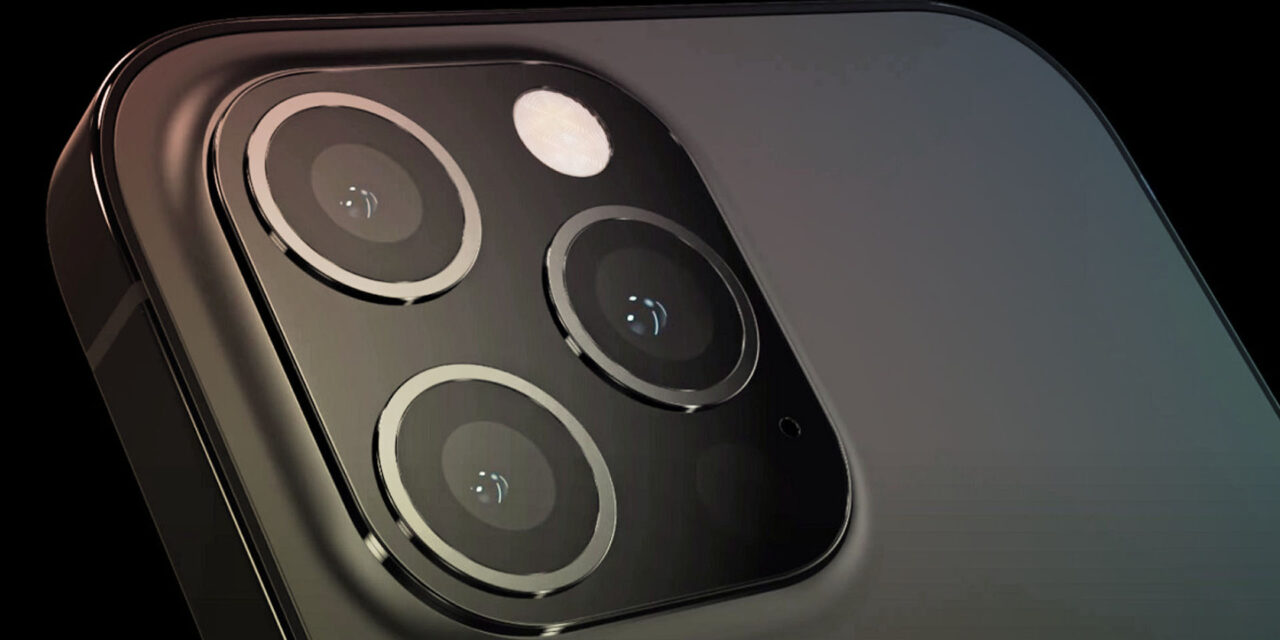
Broadcom today announced a renewal of its supply deal with Apple for another two years.
This comes after rival Qualcomm and Apple set aside their differences in terms of patent and royalty disputes, dropping all litigation and signing a six-year licensing agreement that resulted in a one-time multi-billion dollar payment from Apple to Qualcomm.
Broadcom’s filing with the US Securities and Exchange Commission, discovered by AppleInsider, states that the company will be supplying “specified radio-frequency front end components and modules for Apple’s smartphones, tablets and watches,” adding that the Cupertino firm “intends, but is not required” to buy those parts.
From the filing:
Effective June 9, 2019, certain subsidiaries of Broadcom Inc. (the “Company”) entered into a statement of work with Apple Inc. (“Apple”) providing for a supply arrangement for two years of new programs (the “Agreement”). Pursuant to the Agreement:
the Company has agreed to supply Apple with specified, radio-frequency (“RF”) front end components and modules for Apple’s smartphones, tablets and watches, and to maintain and allocate to them sufficient manufacturing capacity and other resources to make these products;
and
Apple intends, but is not required, to source all of its requirements for such RF front end components and modules from the Company, provided that the Company is able to meet certain development, supply, and quality commitments.
The move indicates that Apple has no plans to replace Broadcom’s wireless solutions in iPhones anytime soon. Broadcom technology powers a wireless charging module in the iPhone XS and iPhone XS Max series, according to iFixit’s teardown analysis of the handsets.
In the past, Broadcom supplied Apple with Wi-Fi and Bluetooth modules for early iPhones.
Broadcom’s scaled-back role as an Apple supplier is yet another proof of Apple’s desire to take full control of its semiconductor destiny. However, creating wireless chips from scratch, without infringing anyone’s patents, is easier said than done. The rumor-mill and analyst reports have been saying that Apple has more than a thousand wireless engineers working on in-house modems for its products.
But aside from the company’s custom-designed W-series wireless chips in AirPods and some Beats headphones, and the new H-series headphone chip in the new AirPods and Powerbeats Pro, an Apple-branded cellular modem is most likely still years away.






Recent Comments